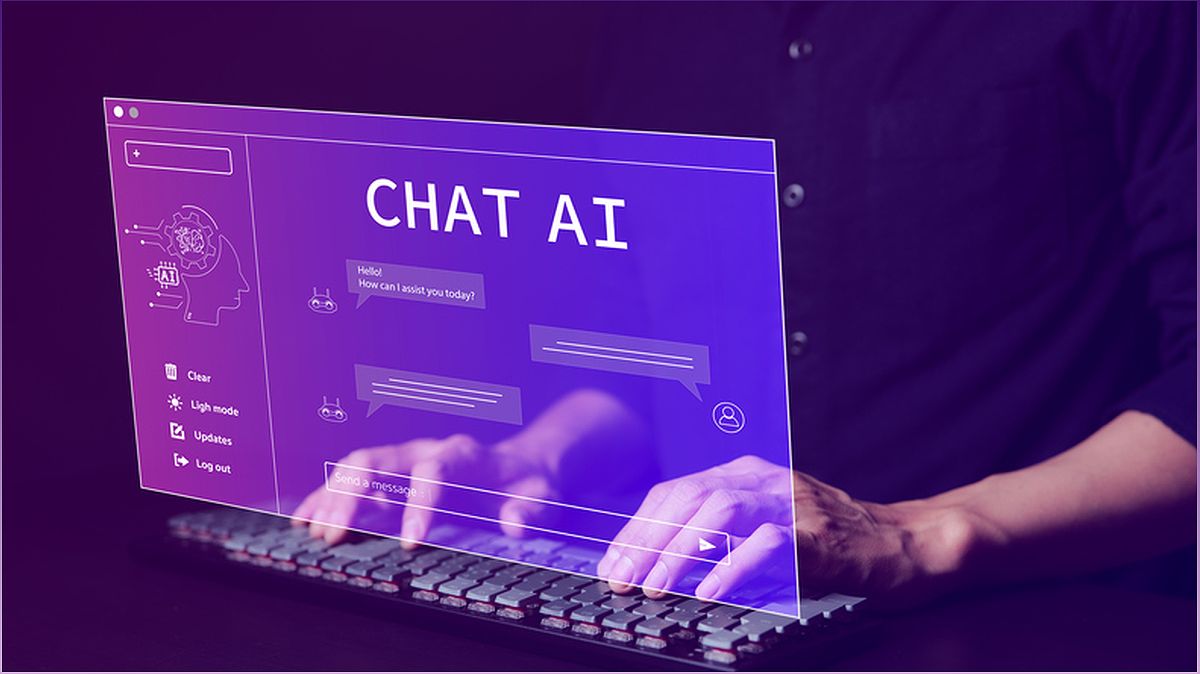Welcome to the fascinating world of artificial intelligence (AI) tools and their profound impact on education and future careers. In this article, we will delve into the perceptions and attitudes of students towards AI training and explore the immense opportunities it presents across different industries. Join me, Emily Adams, as we uncover the transformative power of AI and its role in shaping the future of work.
The Growing Presence of AI in Work and Education
Explore how artificial intelligence tools are becoming increasingly integrated into various industries and educational institutions.
Artificial intelligence has rapidly gained prominence in recent years, revolutionizing numerous sectors and transforming the way we work and learn. From healthcare to finance, AI tools are being harnessed to streamline processes, enhance decision-making, and unlock new possibilities.
In the realm of education, institutions are recognizing the potential of AI to augment teaching and learning experiences. Whether it's leveraging AI-powered chatbots for student support or incorporating AI tools in the curriculum, educators are embracing this technology to prepare students for the future.
With the growing presence of AI in work and education, it is crucial to understand students' perceptions and attitudes towards these tools. Let's delve into their perspectives and uncover the opportunities and challenges that lie ahead.
Students' Perceptions and Attitudes towards AI Training
Gain insights into how students perceive the inclusion of AI tools in their training and the impact it may have on their future careers.
As AI becomes increasingly integrated into education, it is essential to gauge students' perceptions and attitudes towards its inclusion in their training. A study conducted at Tecnologico de Monterrey Campus Guadalajara aimed to understand how students from various disciplines viewed the adoption of AI tools.
The findings revealed that both male and female students recognized the importance of AI training, but there were slight differences in their attitudes. While male students displayed a positive perception of AI training, female students were more critical of the necessity for every student in their discipline to receive such training.
Interestingly, students in the initial semesters showed more openness and perceived a greater need for AI training compared to those in later semesters. This suggests that early exposure to AI tools fosters a positive attitude towards their integration into future careers.
Furthermore, students from the School of Medicine and Health Sciences exhibited more favorable perceptions and attitudes towards AI training compared to students from the School of Architecture, Art, and Design. These insights shed light on the diverse perspectives and highlight the importance of tailored approaches to AI integration across disciplines.
Expanding Career Opportunities in the Age of AI
Discover the wide range of career opportunities emerging in the field of AI and the skills required to thrive in this evolving landscape.
The incorporation of AI tools in various industries has opened up a plethora of exciting career opportunities. From machine learning engineering to AI product management, professionals with expertise in AI are in high demand.
According to the World Economic Forum's Future of Jobs Report, the inclusion of AI tools will not only lead to the automation of certain tasks but also create new jobs. As AI continues to evolve, professionals specializing in areas such as AI ethics, natural language processing, and AI consulting will play a crucial role in harnessing the potential of this technology.
Universities have a pivotal role to play in preparing students for these emerging career paths. By incorporating AI training into their curricula, educational institutions can equip students with the necessary skills to thrive in the age of AI.
AI Tools in the Classroom: Enhancing Learning Experiences
Explore real-world examples of how AI tools are being utilized in classrooms to enhance learning experiences and foster creativity.
AI tools are transforming the classroom experience, empowering both educators and students. Let's explore two real-world examples of how AI is being integrated into the learning process.
1. Keys to Happiness for Human Flourishing
In this course, students engage with AI-powered chatbots like ChatGPT to explore the keys to happiness and the role of various elements in personal well-being. The AI responses serve as a platform for analyzing complex topics and trigger meaningful reflections among students.
2. Illustration and Sequential Narrative
Students in the Bachelor's Degree in Digital Animation program at Tecnologico de Monterrey learn to generate their own models using AI tools like Stable Diffusion. This tool enhances their creative and artistic processes by generating variations of their original sketches and providing visual finishes with different styles. It accelerates the colorization and editing process, allowing students to advance their illustrations more efficiently.
By incorporating AI tools in the classroom, educators can create engaging and dynamic learning environments that foster creativity, critical thinking, and problem-solving skills.
Preparing for the AI-Driven Future
Understand the importance of embracing AI training and preparing students for the challenges and opportunities of an AI-driven future.
As AI continues to shape our world, it is imperative for educational institutions to adapt and equip students with the necessary skills to navigate an AI-driven future. This requires a shift in mindset, embracing AI training as an essential component of education.
By fostering openness, promoting AI literacy, and providing opportunities for hands-on experience with AI tools, universities can empower students to thrive in a rapidly evolving job market. Additionally, ongoing professional development and lifelong learning will be crucial to keep pace with the advancements in AI technology.
Let us embrace the transformative power of AI and prepare the next generation for a future where human potential is amplified by intelligent machines.

